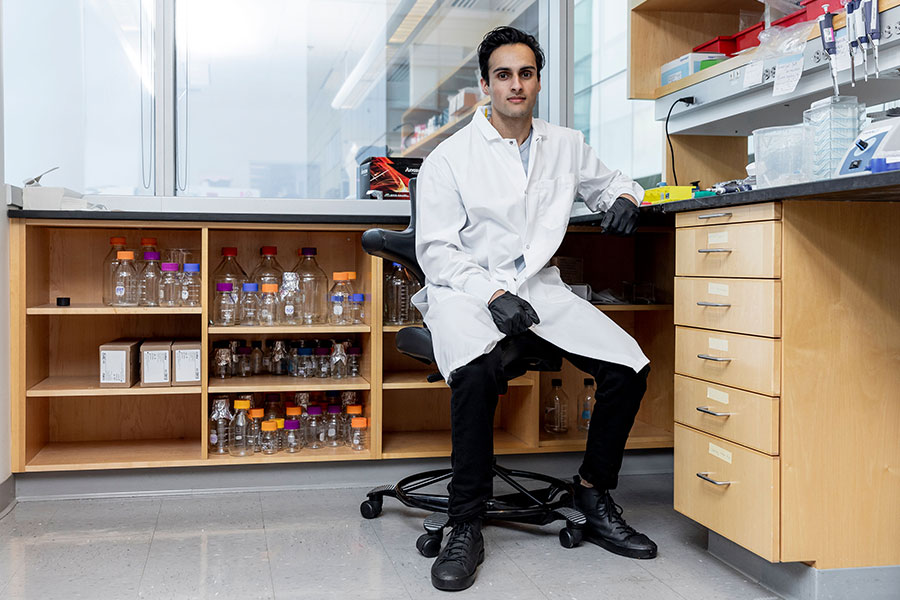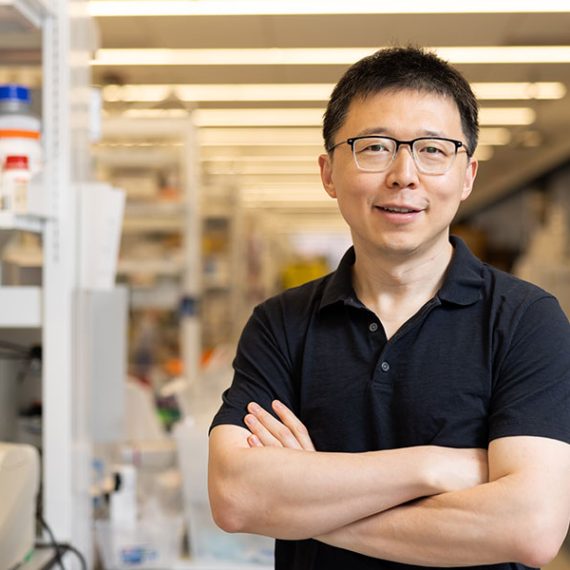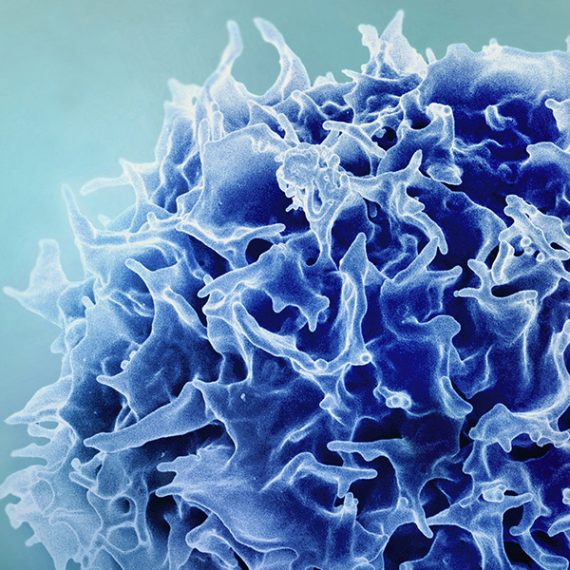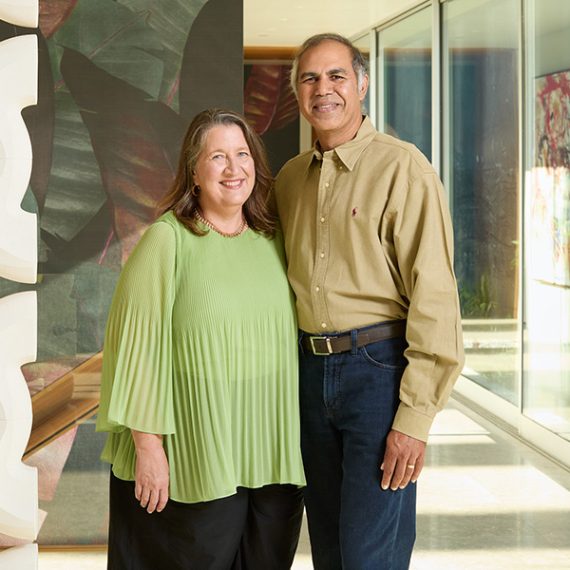Adapting CRISPR to detect COVID-19
Graduate student Alim Ladha is building CRISPR tools to help diagnose COVID-19.

“I’ve had the unique opportunity to help my PI, Feng Zhang, and McGovern Fellows, Jonathan Gootenberg and Omar Abudayyeh, develop SHERLOCK as a diagnostic tool for COVID-19.
SHERLOCK is a relatively new tool from the Zhang lab that uses unique properties of CRISPR enzymes to turn them into easily reprogrammable diagnostics. The technology really shines in this particular situation because it contains the plug-and-play features that makes all CRISPR technologies so transformative while also being amenable to low-resource settings. This allowed Feng to develop a test in a matter of days and send it out for testing by collaborators across the globe. We’ve already seen promising results from these collaborations that demonstrates the test is effective and we are excited to see how it may be adopted in countries that do not have the resources to expand PCR-based testing.
Our dream is to see someone who has never used a pipette before perform a SHERLOCK test in the comfort of their own kitchen.
In the US, appropriate testing has remained a significant barrier to proper control of this pandemic, regardless of the available resources. The bulk of the remaining work for this technology is aimed at tackling that problem. We want to turn SHERLOCK into an at-home test, allowing for widespread and scalable testing while maintaining the sensitivity of the gold-standard PCR test.
Our dream is to see someone who has never used a pipette before perform a SHERLOCK test in the comfort of their own kitchen. Thanks to all of the amazing support we have received, this dream has the very real opportunity to become a reality.”
Alim Ladha is a graduate student in Feng Zhang‘s lab and the 2019-2020 Tan-Yang Center for Autism Research Fellow. In the Zhang lab, Alim tinkers with CRISPR gene-editing tools to make them work efficiently in cells.




